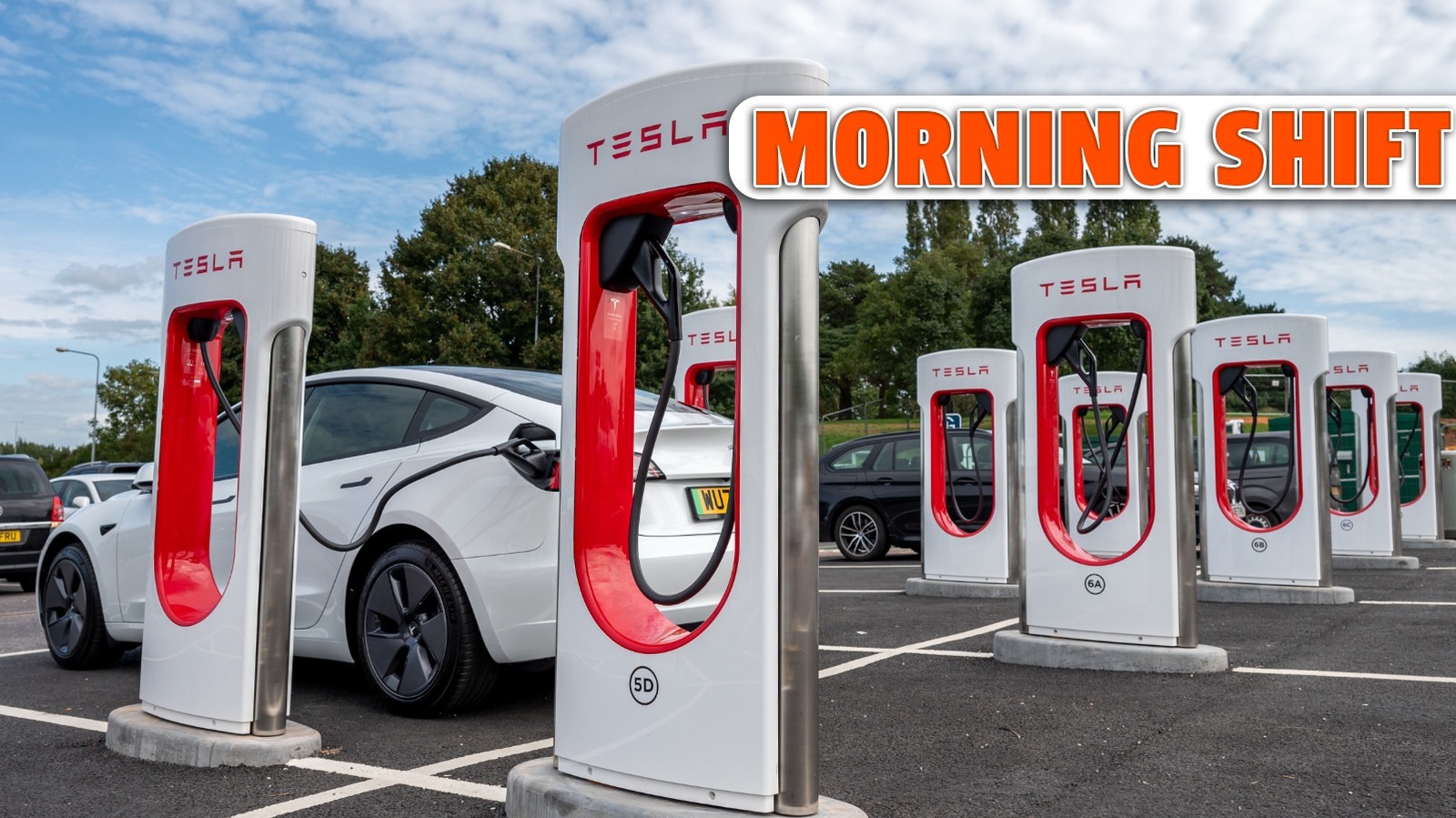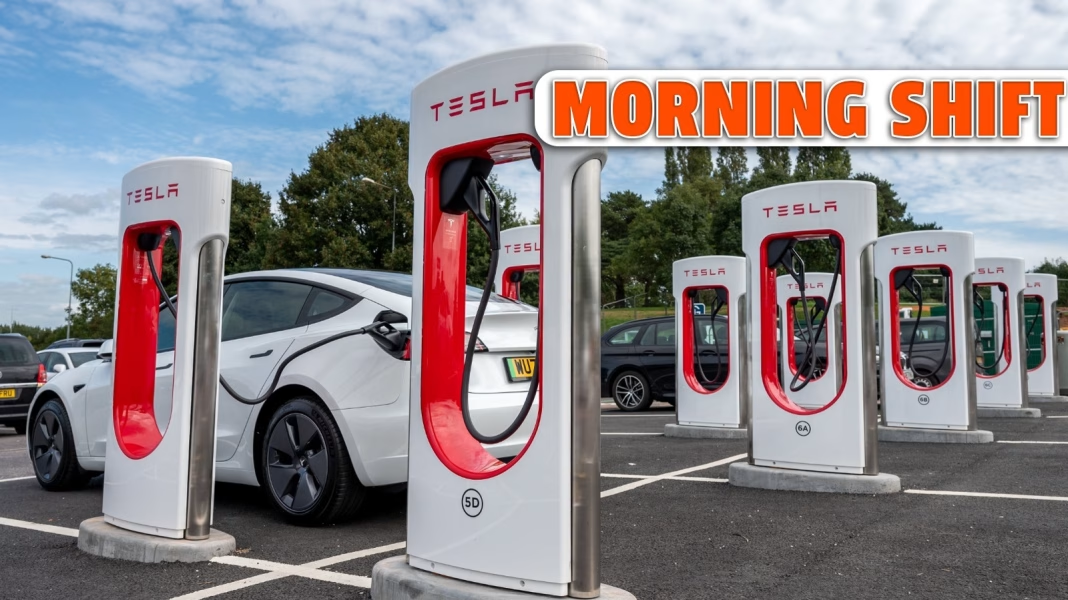Why Are Tesla Sales Slipping in the UK?
If you’ve been watching the electric vehicle market in the UK, you might have noticed something surprising: Tesla, once the darling of British EV buyers, is losing ground. What’s behind this sudden shift? Several factors are at play, and it’s not just about the cars themselves.
First, competition has ramped up dramatically. A few years ago, Tesla was practically synonymous with electric vehicles. Now, major automakers like Volkswagen, Hyundai, and Kia have rolled out compelling EVs that match or even beat Tesla on price, range, and features. According to the Society of Motor Manufacturers and Traders (SMMT), Tesla’s UK registrations dropped by over 15% in the first quarter of 2024, while rivals like MG and BMW saw double-digit growth. That’s a big swing in a short time.
Then there’s the issue of price cuts. Tesla has slashed prices multiple times in the UK over the past year, which sounds great for buyers—but it’s a double-edged sword. Existing owners are frustrated by the rapid depreciation of their vehicles, and potential buyers are left wondering if prices will drop even further. This uncertainty can freeze the market. As one London-based Tesla owner put it, “I love my Model 3, but I’d think twice about buying another with how quickly the value drops.”
Service and support have also become sticking points. While Tesla’s supercharger network is still a major selling point, complaints about slow repairs and parts shortages have grown louder. Traditional automakers, with their established dealer networks, are catching up on charging infrastructure and can often provide faster, more reliable service.
How Is Germany Navigating the US-EU Trade Tensions?
Meanwhile, across the Channel, Germany is walking a diplomatic tightrope. As Europe’s largest economy and a powerhouse in automotive exports, Germany has a lot riding on its relationship with the United States. The recent push from the US for stricter tariffs on Chinese-made EVs and components has put Germany in a tricky spot.
German automakers like Volkswagen, BMW, and Mercedes-Benz have deep ties to both the US and Chinese markets. They rely on Chinese suppliers for batteries and other key components, but they also export hundreds of thousands of vehicles to the US each year. According to data from the German Association of the Automotive Industry (VDA), the US accounted for nearly 15% of German car exports in 2023.
So, what’s Germany’s strategy? Rather than picking sides, German officials are pushing for a negotiated solution that avoids a full-blown trade war. They’re advocating for fair competition and supply chain security, but they’re also wary of antagonizing either Washington or Beijing. In recent talks, German Chancellor Olaf Scholz emphasized the need for “open markets and reliable partnerships,” signaling that Germany wants to keep trade flowing smoothly on both fronts.
What Does This Mean for UK and European Car Buyers?
For UK consumers, Tesla’s struggles could mean more deals and incentives as the company tries to regain its footing. But it also signals a maturing market, where buyers have more choices and leverage than ever before. Expect to see more aggressive offers from all brands, not just Tesla, as competition heats up.
In Europe, the outcome of Germany’s trade negotiations could affect everything from car prices to the availability of new models. If tariffs rise or supply chains get tangled, costs could go up and choices could shrink. On the flip side, a successful deal could keep the market stable and prices in check.
The big takeaway? The EV landscape in Europe is shifting fast. It’s not about perfection—it’s about smarter adjustments. Start with one change this week, and you’ll likely spot the difference by month’s end.


